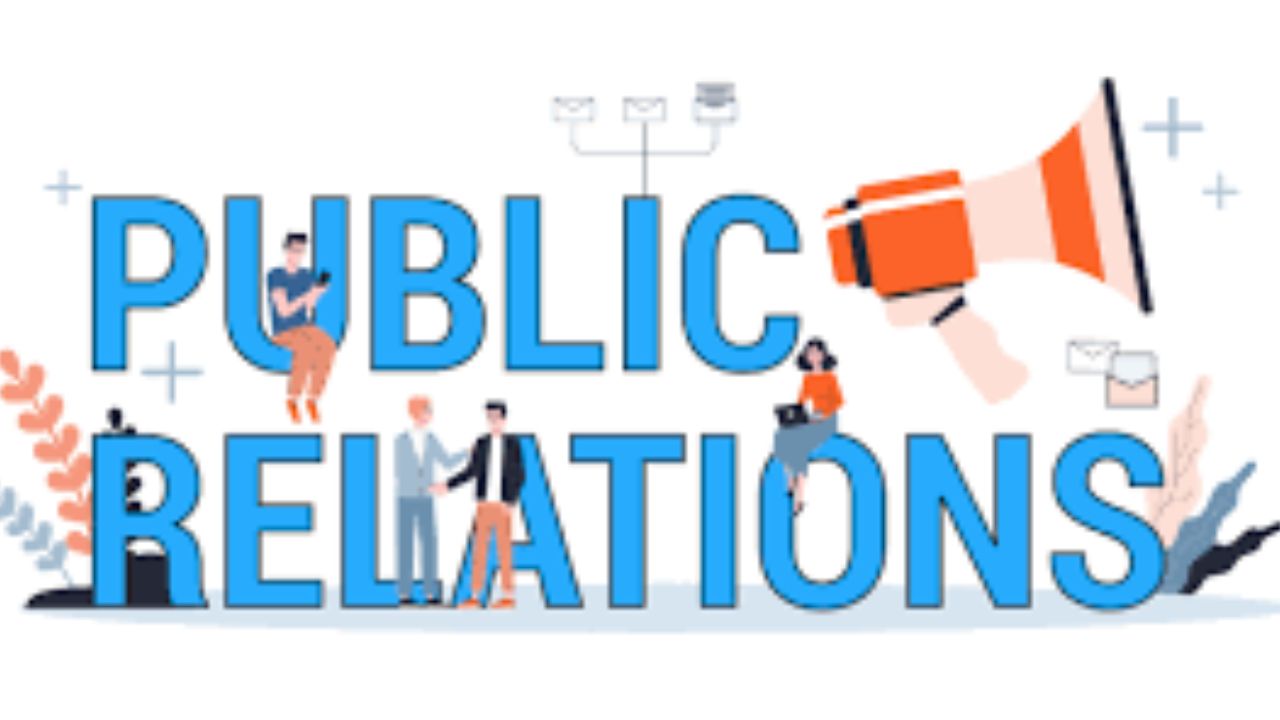Clear Aligners and Speech: Will They Affect the Way You Talk?

Clear aligners have gained widespread popularity as an effective and discreet way to straighten teeth. Unlike traditional metal braces, they offer a more aesthetic alternative, making them appealing to adults and teens alike. However, one common question for many people considering clear aligners is whether they will affect their speech. This article delves into how clear aligners may impact speech and provides helpful tips for adjusting to the changes.
What Are Clear Aligners?
Clear aligners are transparent plastic trays custom-made to fit over your teeth, designed to gradually move them into proper alignment. These aligners are an attractive option because they are virtually invisible and can be removed for eating, brushing, and flossing. However, wearing them means there is something covering the teeth, which can slightly alter the way you speak.
Will Clear Aligners Affect My Speech?
It’s normal to experience slight speech changes when you first start wearing clear aligners. This is because the aligners cover your teeth and create a new surface in your mouth, which can affect your tongue’s ability to move in its usual way. As a result, some people report a temporary lisp or a feeling that their speech is a little slower or less clear.
The degree to which speech is affected depends on the individual. Some people might barely notice any changes, while others might find that they need to adjust their speech. This is especially true for sounds that require the tongue to touch the roof of the mouth, such as “s” and “th.” Clear aligners can create a barrier that interferes with the tongue’s natural movements, leading to minor speech distortions.
How Long Will It Take to Adjust?
The adjustment period for clear aligners varies from person to person. Typically, it takes a few days to a week for most individuals to adjust to the new feel of the aligners in their mouths. During this time, speech changes like a lisp or difficulty pronouncing certain words, and it should gradually subside as your tongue adapts to the aligners.
For some people, it may take a little longer to feel fully comfortable speaking with aligners. This is especially true if the aligners fit tightly or if there’s a significant movement to be done in the early stages of treatment. However, once you get used to the feeling of the aligners, your speech should return to normal.
When Should You Be Concerned?
In most cases, speech issues caused by clear aligners are temporary. However, if the speech problems persist for more than a week or two, it might indicate an issue with the fit of the aligners. An ill-fitting aligner can affect how your tongue interacts with the aligner, which could lead to ongoing speech difficulties. In such cases, it’s important to consult your orthodontist to ensure that your aligners are properly fitted and to discuss any further adjustments needed.

How to Adjust to Speaking with Clear Aligners
While it’s natural to experience some temporary speech changes, there are several strategies you can use to speed up your adjustment and get back to speaking clearly:
- Practice Speaking Aloud
Speaking aloud or reading out loud can help you get used to the feeling of the aligners in your mouth. Try to practice regularly, focusing on words that may be harder to pronounce. Reading a book, newspaper, or even singing along to your favorite songs can help your tongue adjust faster. - Wear Your Aligners Consistently
To get used to how the aligners feel, it’s important to wear them as often as possible. The more you wear your aligners, the faster your speech will adjust. Keeping the aligners in your mouth during normal daily activities, including talking, will help your body adapt to their presence. - Stay Hydrated
Clear aligners can sometimes make your mouth feel dry. Dehydration can further impact your speech by making it harder for your mouth to move smoothly. Drinking water throughout the day will keep your mouth comfortable and improve speech clarity. - Be Patient
Adjusting to any new dental appliance takes time, and clear aligners are no different. It’s important to be patient with yourself during this process. Don’t be discouraged if your speech isn’t perfect right away. With consistent practice, your speech should return to normal as you adjust to the aligners.
Long-Term Impact on Speech
Once you’ve fully adjusted to clear aligners, your speech should have no lasting impact. As long as the aligners are well-fitted and your tongue has adapted to their presence, your speech will return to normal. It’s important to continue following your orthodontist’s instructions for wearing and caring for your aligners, as improper use could affect both the effectiveness of your treatment and your speech.
If you experience any ongoing issues with speech or other oral health concerns during your treatment, it’s crucial to communicate with your orthodontist. They can make adjustments to ensure your aligners are functioning properly and that your speech is not affected in the long term.
Conclusion
Clear aligners are a fantastic option for straightening teeth, offering both aesthetic benefits and convenience. While it’s common to experience some temporary speech changes when you first start wearing them, these effects typically subside as you get used to the aligners. With a bit of patience, practice, and consistency, your speech will return to normal, and you’ll enjoy the benefits of a straighter smile without any lasting communication issues.













Post Comment